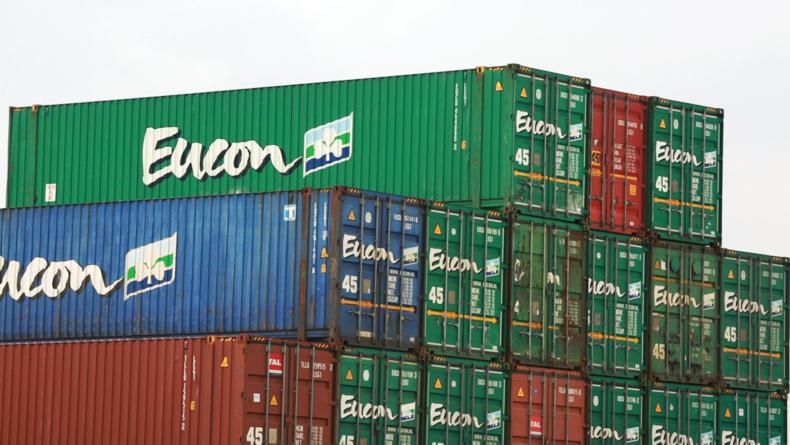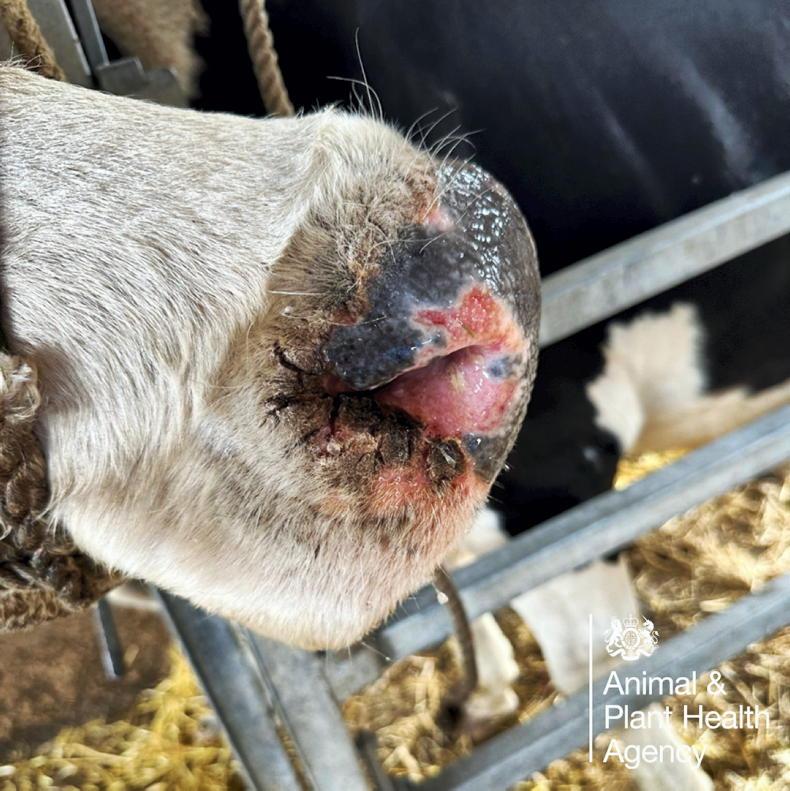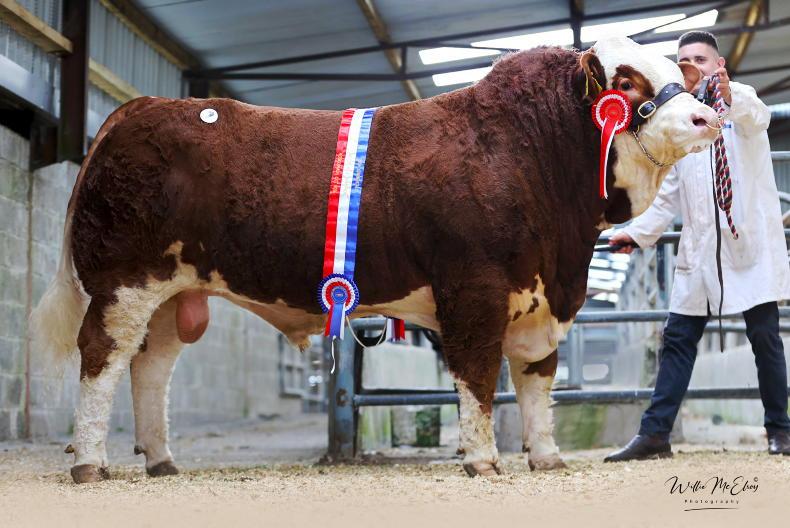If there is to be a trade deal done between the EU and UK over the next few weeks, some significant compromise will be required on both sides.
The main sticking points seem to be around EU access to UK fishing waters and an EU insistence that the UK abides by a level playing field – in other words common standards that prevent businesses in one country undercutting rivals elsewhere.
With talks ongoing this week, the most likely outcome seems to be either no deal, or a last minute, basic agreement involving goods – allowing the likes of food products to move without tariffs or quotas being applied.
So what would no trade deal mean for farmers?
On the one hand, it could be disastrous for sheep next year if faced with a high tariff on exports to France. Across the entire UK food industry, 62% of exports go to the EU.
The big loser is potentially the Republic of Ireland if tariffs are due on exports to Britain
But at the same time, the UK imports much more from the EU than it exports, and with the UK 75% self-sufficient in indigenous foods, friction at borders from 2021 onwards could force up domestic prices in the short-term.
The big loser is potentially the Republic of Ireland if tariffs are due on exports to Britain. In NI, the Irish protocol agreed with the EU, should mean NI produce can still access both UK and EU markets.
But we should not get away from the fact that Brexit creates borders, and if there is no trade deal, then more onerous checks will be required on trade from Britain to NI.
In addition, many NI companies access the south of England via Dublin port, so could get caught in any friction there.
And what happens if Irish exporters try to avoid potential tariffs to Britain by transiting through NI? Or if companies try to avoid tariffs by taking milk and livestock to NI for processing, before going over to Britain. Whatever way you look at it, a failure in talks will create a messy outcome.
Read more
UK food companies wary of cheap imports
UK sets out future border controls
If there is to be a trade deal done between the EU and UK over the next few weeks, some significant compromise will be required on both sides.
The main sticking points seem to be around EU access to UK fishing waters and an EU insistence that the UK abides by a level playing field – in other words common standards that prevent businesses in one country undercutting rivals elsewhere.
With talks ongoing this week, the most likely outcome seems to be either no deal, or a last minute, basic agreement involving goods – allowing the likes of food products to move without tariffs or quotas being applied.
So what would no trade deal mean for farmers?
On the one hand, it could be disastrous for sheep next year if faced with a high tariff on exports to France. Across the entire UK food industry, 62% of exports go to the EU.
The big loser is potentially the Republic of Ireland if tariffs are due on exports to Britain
But at the same time, the UK imports much more from the EU than it exports, and with the UK 75% self-sufficient in indigenous foods, friction at borders from 2021 onwards could force up domestic prices in the short-term.
The big loser is potentially the Republic of Ireland if tariffs are due on exports to Britain. In NI, the Irish protocol agreed with the EU, should mean NI produce can still access both UK and EU markets.
But we should not get away from the fact that Brexit creates borders, and if there is no trade deal, then more onerous checks will be required on trade from Britain to NI.
In addition, many NI companies access the south of England via Dublin port, so could get caught in any friction there.
And what happens if Irish exporters try to avoid potential tariffs to Britain by transiting through NI? Or if companies try to avoid tariffs by taking milk and livestock to NI for processing, before going over to Britain. Whatever way you look at it, a failure in talks will create a messy outcome.
Read more
UK food companies wary of cheap imports
UK sets out future border controls









SHARING OPTIONS